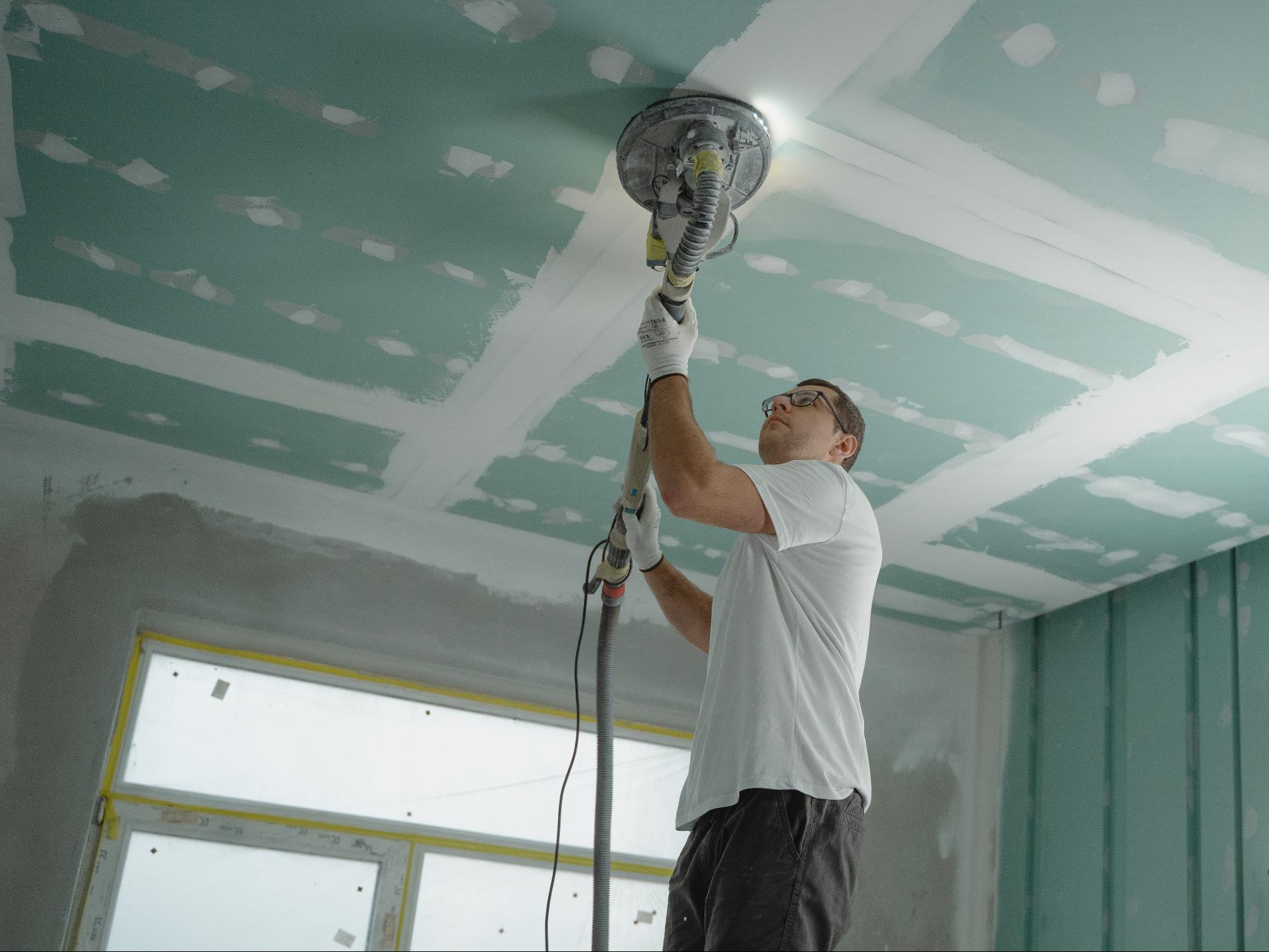Planning Your Home Renovation Project – Step by Step
Renovating your home is a vital step in making it yours. This is just as true for first-time buyers as it is for veterans of the housing market, and more-or-less unavoidable as part of the home-buying process. Renovation has also become a more popular pastime, on account of a hostile housing market leading homeowners to ‘make do’ rather than sell up. But if you’re new to renovating, how might you go about planning such a major undertaking?
Budgeting Your Project
Before you so much as lift a nail, you should have a strong idea of your financial standing with regard to your renovations. Everyone’s situations are dramatically different, not just with respect to how much they have in the bank but also with regard to the scope of the overall project.
Some may have the savings, or access to funds, that enables immediate and frictionless funding of larger undertakings. Others might not have the money to directly fund bigger tasks, and may need to utilise external funding or borrowing opportunities to move forward. Similarly, these opportunities can differ widely depending on the household. For those of retirement age, an equity release can be used to access funds from the property itself, while younger first-time buyers might look instead to a conventional loan.
Deciding on Renovations
With the source of any monies required confirmed, you have more license to think carefully about the nature and scope of your renovations. To do this, you might think a little more carefully about your motivations. Is your goal to improve the value of your property, as with property developers? Are you hoping to create more space for the next stage in your family’s life? Or are you simply looking to make your space feel more like your own?
Adding space and adding value can see more involved and disruptive projects taking shape, such as loft conversions or even multi-storey extensions. Cosmetic renovations are much less cost- and time-intensive, and can be immediately impactful for the ‘feel’ of your home.
DIY Vs. Contracting
After figuring out the scope of your renovations, the next question relates to whether you will attempt renovations alone or invite in a contracting firm. DIY is an excellent way to keep costs down on low-stakes work such as decorating or installing furniture items, but can invite risk when it comes to more specialised tasks.
Naturally, there are some projects that cannot be undertaken without external professional assistance, extension work chief amongst them, but there are also smaller tasks like plumbing and electrics that require an expert hand.
Renovation Timeline
Finally, what is the timeline for your renovation? Drawing up a schedule can help you organise your work, and the hiring of contractors, according to your plan. This can save you money, as it gives you some idea of how long you will need workers for, or how much time you can spend working on DIY tasks.








One Comment